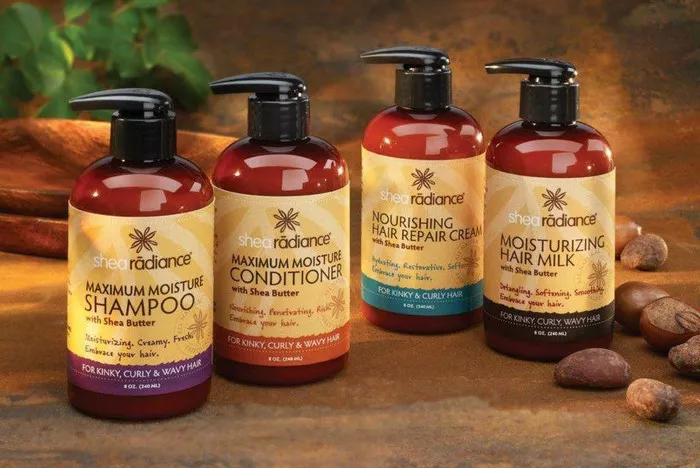In recent times, rosemary oil has emerged as an unexpected elixir for hair growth. On TikTok, a passionate community of rosemary oil enthusiasts extols its virtues, claiming that it can rejuvenate hairlines, thicken locks, and promote longer tresses. While the idea of a common supermarket herb facilitating such transformations might seem far-fetched, the evidence is accumulating, and enthusiastic testimonials abound.
The Efficacy of Rosemary Oil: Science and Testimonials
With endorsements citing its effectiveness in addressing conditions like alopecia and postpartum hair loss, skeptics may question the validity of what appears to be another trendy solution. However, scientific research lends credence to these claims. A study from 2015 found that rosemary oil could increase hair count in individuals with alopecia after six months of use, demonstrating its potential comparability to the hair growth drug minoxidil. Additionally, experts like Dr. Zayn Majeed, a hair surgeon at Harley Street Hair Clinic, note that studies have shown its effectiveness in healing nerve endings and stimulating hair restoration.
Dr. Majeed explains, “Rosemary oil can enhance circulation and improve blood supply to hair follicles, preventing them from being deprived of essential nutrients. If hair follicles lack adequate blood supply, it may shorten the hair growth cycle, ultimately leading to hair loss over time.” Beyond promoting hair length, rosemary oil contributes to overall hair health by alleviating scalp irritation, dandruff, and itching, thanks to its anti-inflammatory properties. Combined with its circulation-boosting and antimicrobial qualities, it becomes a valuable ingredient in supercharging hair care routines.
However, it’s essential to manage expectations. While rosemary oil can work wonders in promoting hair growth, it does not provide a definitive solution to halt hair loss altogether. Dr. Majeed emphasizes, “There is currently no clinical cure for hair loss, although it can be slowed with medications and treatments such as hair transplants.”
Utilizing Rosemary Oil for Hair Growth: Best Practices
Various methods for utilizing rosemary oil for hair growth are available online, ranging from homemade herb/oil infusions to incorporating essential oil drops into hair care products. The most effective approach, though, is to apply diluted rosemary oil directly to the scalp or bald areas and gently massage it in. Massage enhances oxygenation of hair follicles by improving blood flow, a crucial factor in realizing hair’s full growth potential, according to Claire Martin, a brand educator at the renowned Mielle Organics.
Dr. Majeed highlights that massaging aids in the absorption of rosemary oil’s active ingredients into the skin and hair follicles. “Allowing rosemary oil to remain on the scalp for at least 30 minutes enhances penetration, and leaving it on longer, especially when using a warm towel wrap, can further boost absorption.” To maximize results, apply, massage, and leave the oil on for as long as possible before washing it off with a gentle shampoo to mitigate excess oiliness.
Choosing Rosemary Oil for Hair Growth: Key Considerations
When selecting rosemary oil for hair growth, it’s crucial to pay attention to the product’s formulation. According to Martin, a high-quality rosemary oil formula should list rosemary (botanical name Rosmarinus Officinalis leaf oil) as a prominent ingredient. A lower placement on the ingredient list signifies a lesser quantity of rosemary oil within the product.
For those opting for essential oil versions, proper dilution is essential. Dr. Majeed advises, “Rosemary essential oil is highly concentrated, and direct application to the scalp can lead to skin irritation or sensitivity. To prevent this, it’s imperative to dilute rosemary essential oil with a carrier oil—such as coconut oil, almond oil, or jojoba oil—before use.” Alternatively, a few drops can be added to existing hair care products, or the hassle can be avoided altogether by purchasing pre-mixed oils or leave-in treatments.


